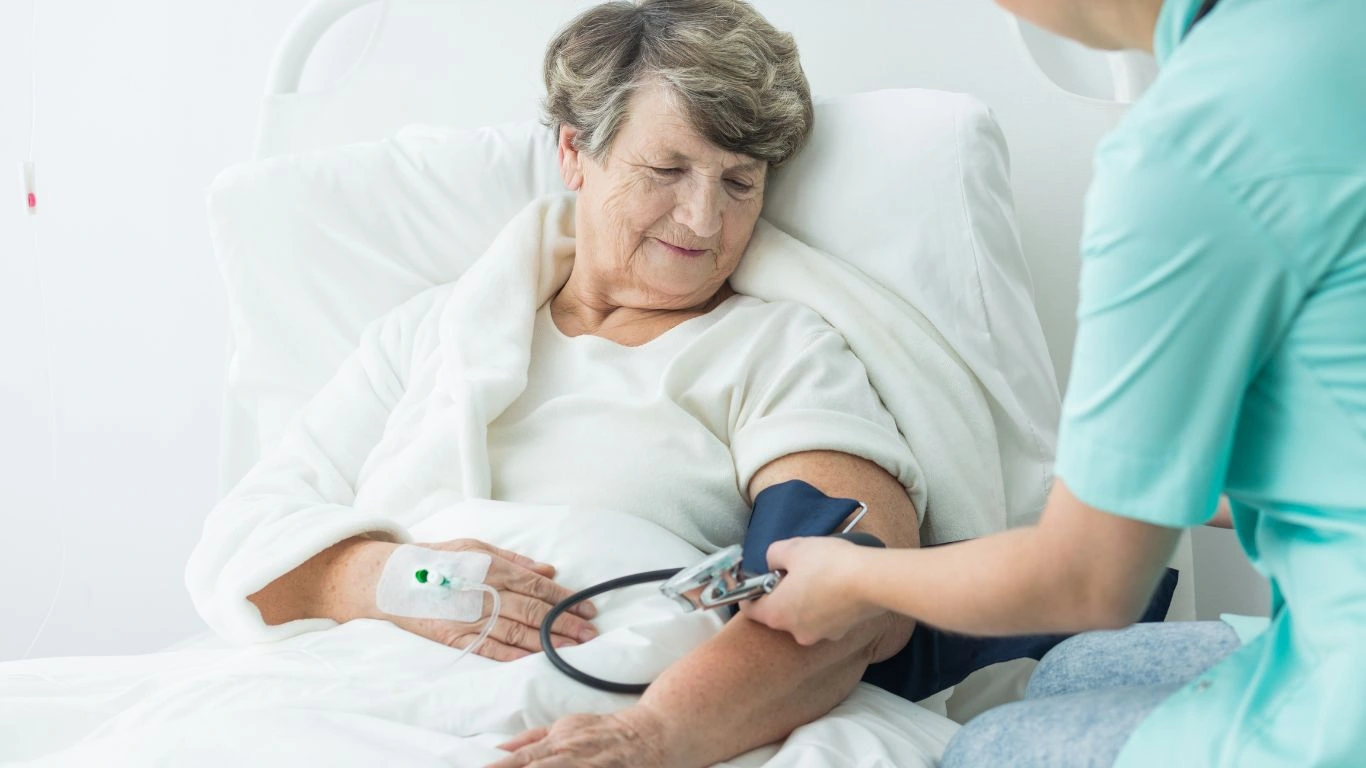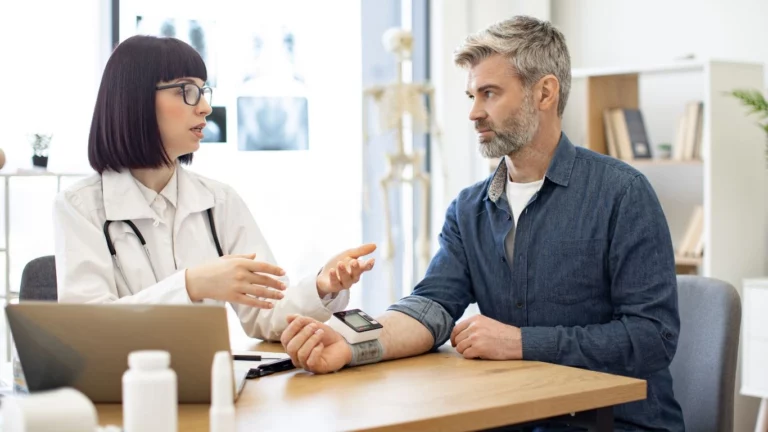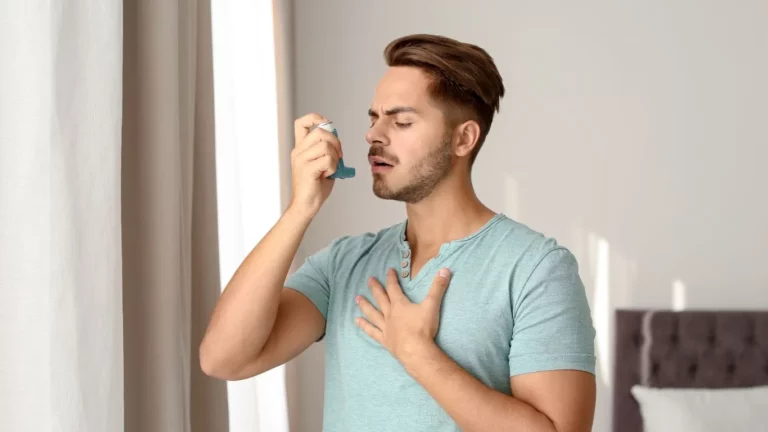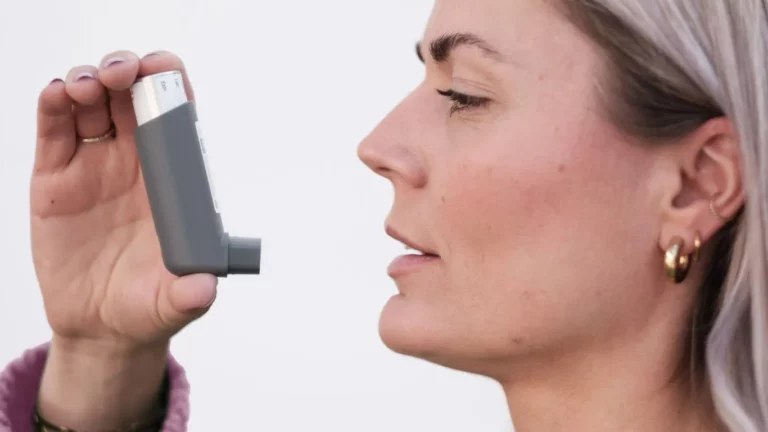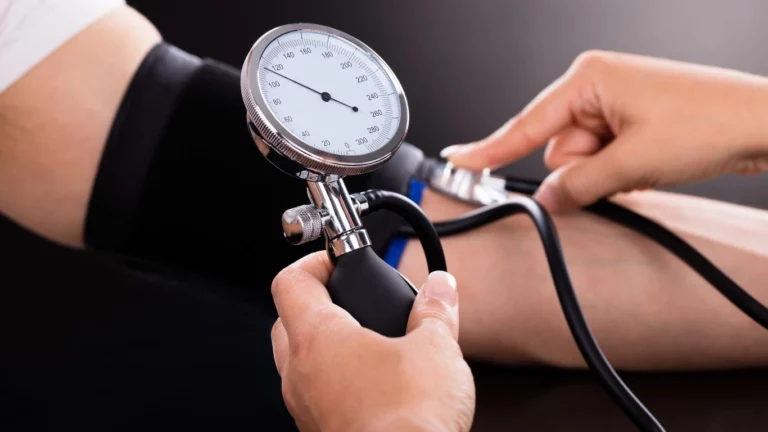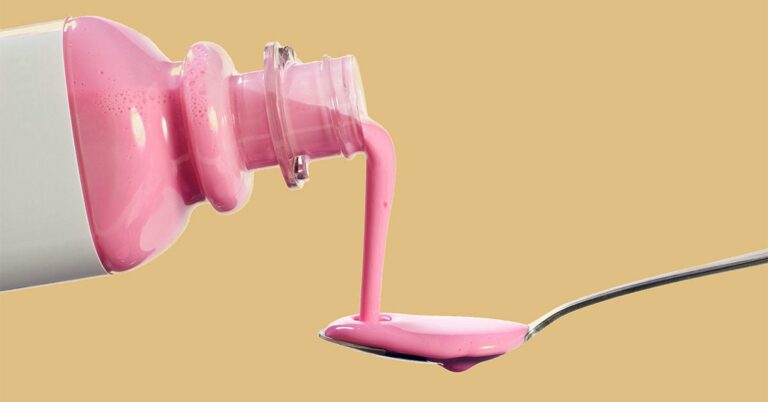How Hypertension Affects Your Kidneys – What You Need to Know
Hypertension, or high blood pressure, is a serious condition that can silently damage your kidneys over time. It’s one of the leading causes of chronic kidney disease (CKD), and if left untreated, it can lead to kidney failure. Understanding how hypertension affects your kidneys is key to preventing long-term damage and maintaining kidney health.
How Hypertension Affects Your Kidneys
The kidneys have a complex network of tiny blood vessels called nephrons, which filter blood and remove waste products. When your blood pressure is too high, it can put extra strain on these blood vessels, causing them to become damaged and less effective at filtering blood.

Over time, this damage can lead to kidney disease, which may progress to kidney failure if not managed properly. In fact, people with uncontrolled high blood pressure are at a much higher risk of developing kidney problems.
The Link Between Hypertension and Chronic Kidney Disease (CKD)
When hypertension damages the blood vessels in the kidneys, the kidneys can’t filter blood properly. This can result in a buildup of waste and fluid in the body. High blood pressure also makes it harder for the kidneys to regulate the balance of sodium, potassium, and other important substances in the blood.
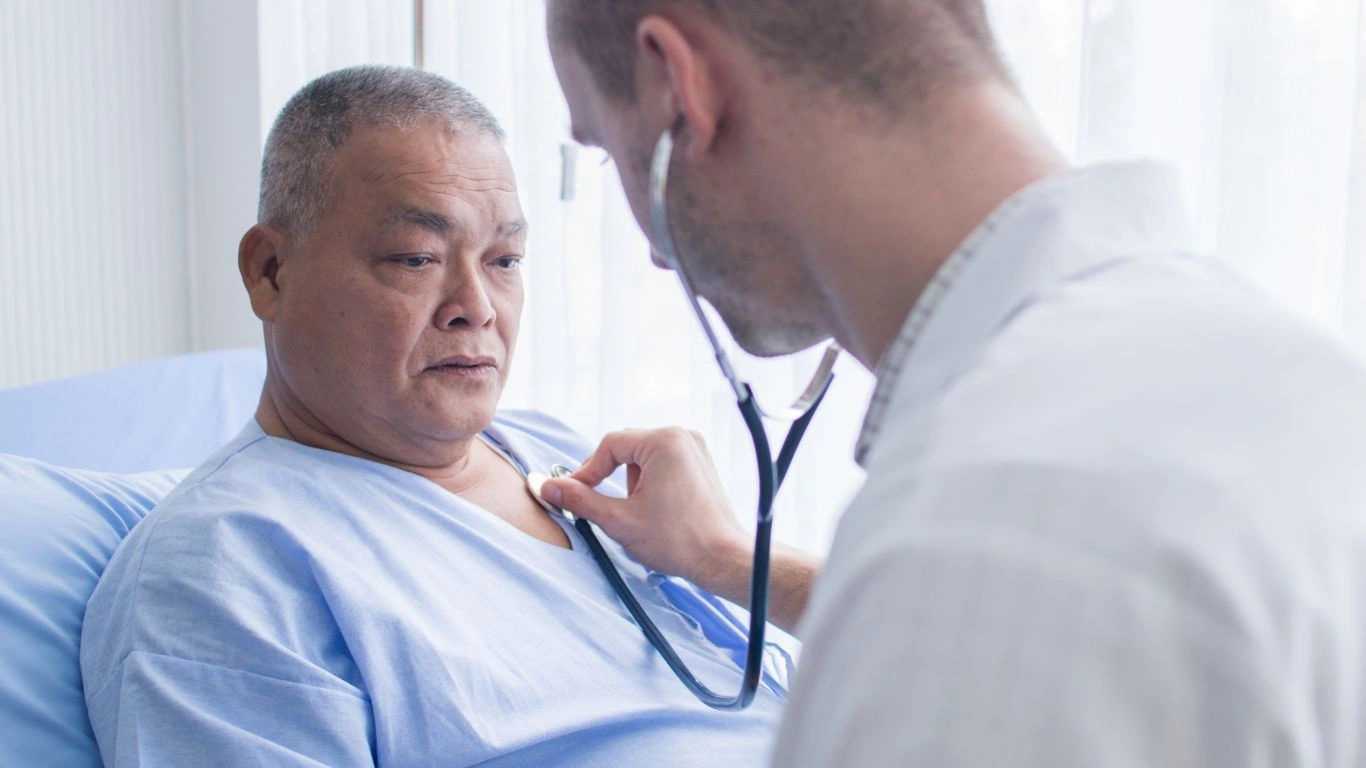
As the kidneys continue to lose their ability to filter blood, chronic kidney disease (CKD) may develop. CKD can eventually lead to kidney failure, which means the kidneys stop working altogether. At that point, dialysis or a kidney transplant is often required.
The Role of the Kidneys in Blood Pressure Regulation
Your kidneys do more than just filter waste – they also play a role in regulating blood pressure. They control the amount of sodium and fluid in your body, both of which can affect your blood pressure. When the kidneys are damaged, they may struggle to maintain this balance, leading to further increases in blood pressure, creating a vicious cycle.
This is why people with kidney disease often experience higher blood pressure, and those with high blood pressure are at an increased risk for kidney disease. It’s a double whammy that can escalate over time if not carefully managed.
The Symptoms of Kidney Damage Due to Hypertension
Unfortunately, the signs of kidney damage from hypertension often don’t appear until the damage is quite advanced. However, there are some signs to watch out for, including:
- Swelling in the legs, ankles, or feet
- Increased frequency of urination, especially at night
- Blood in the urine (hematuria)
- Fatigue or feeling weak
- Decreased appetite or nausea
- Shortness of breath
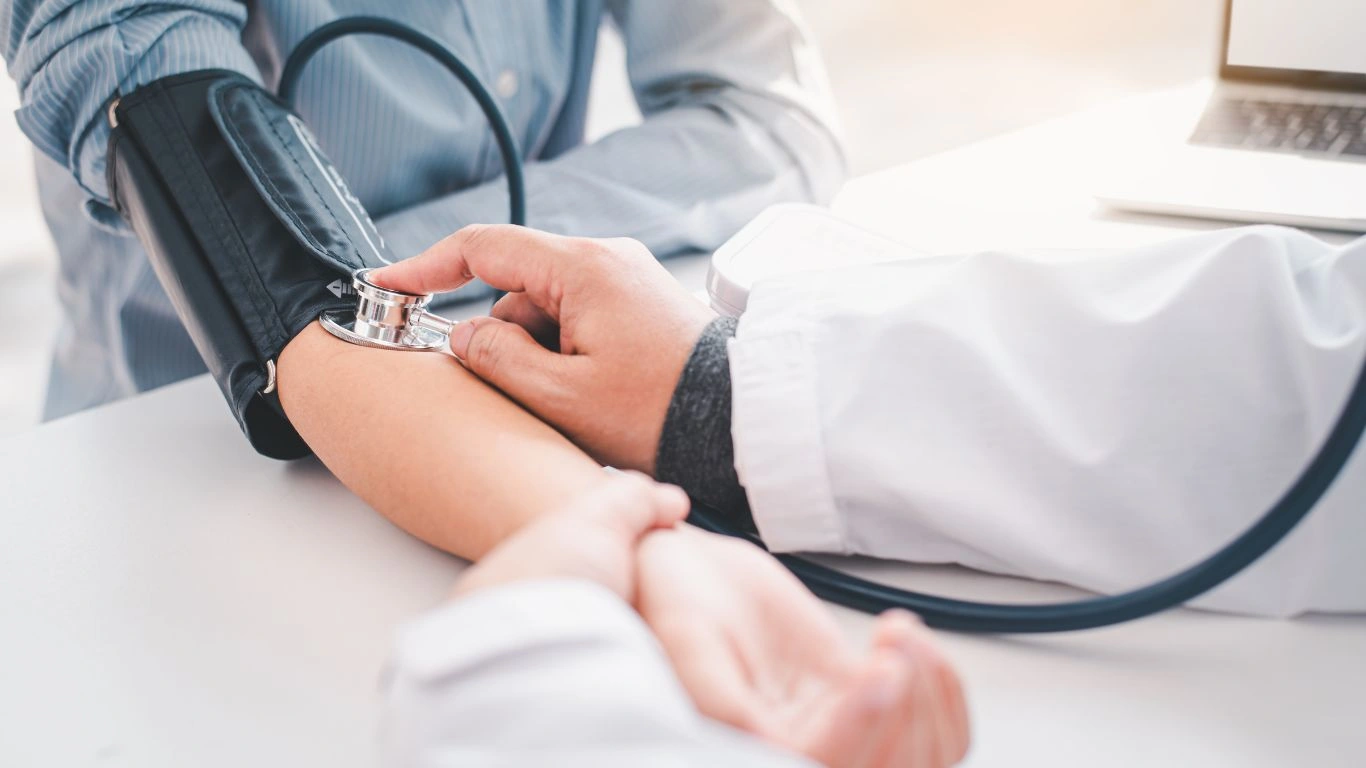
If you experience any of these symptoms, it’s important to consult a healthcare provider immediately.
Preventing Kidney Damage from Hypertension
The good news is that kidney damage caused by hypertension is preventable, especially if high blood pressure is detected early and managed properly. Here are some steps you can take to protect your kidneys:
1. Regular Blood Pressure Monitoring
Checking your blood pressure regularly is essential to catching hypertension early. If your blood pressure is high, it’s important to start treatment right away. The American Heart Association recommends a target of less than 130/80 mmHg for most adults.
2. Taking Medication as Prescribed
If your doctor prescribes medication to control your blood pressure, make sure to take it as directed. Medications like ACE inhibitors, angiotensin II receptor blockers (ARBs), and diuretics are commonly used to treat hypertension and protect the kidneys from further damage.
3. Maintaining a Healthy Diet
Eating a heart-healthy diet can help control blood pressure and protect your kidneys. The DASH (Dietary Approaches to Stop Hypertension) diet is especially effective. It emphasizes fruits, vegetables, whole grains, lean proteins, and low-fat dairy, while limiting sodium and processed foods.
4. Exercising Regularly
Regular physical activity helps maintain healthy blood pressure levels and improves overall kidney health. Aim for at least 30 minutes of moderate-intensity exercise most days of the week.
5. Limiting Alcohol and Quitting Smoking
Both smoking and excessive alcohol consumption can worsen high blood pressure and increase the risk of kidney damage. Quitting smoking and limiting alcohol intake can significantly improve your overall health.
6. Managing Stress
Chronic stress can contribute to high blood pressure, so it’s important to find ways to manage stress. Yoga, meditation, and other relaxation techniques can be helpful.
Can Hypertension Be Reversed?
Unfortunately, once kidney damage has occurred due to hypertension, it’s often irreversible. However, the progression of kidney disease can be slowed down with proper treatment. Early intervention and maintaining a healthy lifestyle are key to preventing severe kidney damage or failure.
What to Do if You Have Both Hypertension and Kidney Disease
If you already have hypertension and kidney disease, managing both conditions is crucial to preventing further damage. Your doctor may recommend a combination of medications, lifestyle changes, and regular checkups to monitor kidney function. Dialysis or a kidney transplant might be necessary if kidney function deteriorates severely.

Conclusion
Hypertension is a leading cause of kidney damage and chronic kidney disease, but with early detection and proper management, you can protect your kidneys and prevent long-term complications. Regular checkups, medication, and lifestyle changes like eating a healthy diet and exercising can help you keep your blood pressure in check and safeguard your kidney health.
Appendices
FAQs
- Can hypertension cause kidney failure?
Yes, untreated high blood pressure can damage the blood vessels in your kidneys, leading to kidney failure over time. - What are the symptoms of kidney disease caused by hypertension?
Common symptoms include swelling, fatigue, blood in the urine, and frequent urination, especially at night. - How can I prevent kidney damage from high blood pressure?
Monitor your blood pressure regularly, take prescribed medications, maintain a healthy diet, exercise, and avoid smoking and excessive alcohol. - What are the best medications for high blood pressure and kidney protection?
ACE inhibitors, ARBs, and diuretics are commonly prescribed to control high blood pressure and protect kidney function. - Can kidney function be restored if it’s damaged by hypertension?
Unfortunately, once kidney damage occurs, it is typically irreversible, but treatment can help slow further damage.
References
- American Heart Association. (2023). Hypertension and Kidney Health.
- National Kidney Foundation. (2024). Hypertension and Chronic Kidney Disease.
- Mayo Clinic. (2023). How Hypertension Affects Your Kidneys.
Disclaimer
The information in this article is for educational purposes only and should not be considered as medical advice. Always consult with your healthcare provider for advice tailored to your specific condition.

Dr. Gwenna Aazee is a board-certified Internal Medicine Physician with a special focus on hypertension management, chronic disease prevention, and patient education. With years of experience in both clinical practice and medical writing, she’s passionate about turning evidence-based medicine into accessible, actionable advice. Through her work at Healthusias.com, Dr. Aazee empowers readers to take charge of their health with confidence and clarity. Off the clock, she enjoys deep dives into nutrition research, long walks with her rescue pup, and simplifying medical jargon one article at a time.

